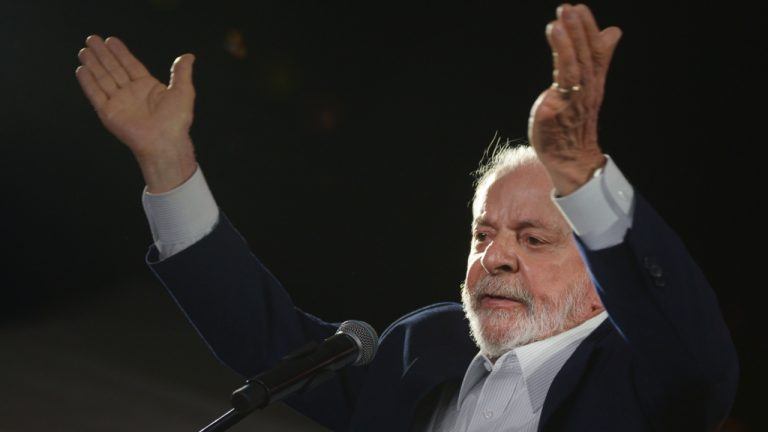
Former Brazilian President Luiz Inácio Lula da Silva recently put forth a proposal for a new currency within the BRICS group of nations, comprising Brazil, Russia, India, China, and South Africa. Lula highlighted the importance of this initiative within the global landscape, particularly in a time where the world is navigating challenges related to trade and multilateralism.
During a speech, Lula emphasized the need for countries to embrace free trade and multilateral cooperation, pointing out that the development of a new BRICS trade currency could play a significant role in promoting economic growth and stability among member nations. While acknowledging the complexities and obstacles that such a proposal may entail, Lula stressed that the potential benefits for humanity make it a crucial endeavor.
The concept of a common currency within the BRICS bloc is not entirely new, as discussions on the matter have been ongoing for years. The idea of creating a unified currency for trade among these emerging market economies has been seen as a way to reduce dependency on the US dollar and other major currencies, as well as to strengthen economic ties within the group.
The establishment of a BRICS currency could potentially enhance trade relations among member countries, facilitate smoother transactions, and reduce exchange rate risks. It could also provide a hedge against volatility in global financial markets and offer greater financial autonomy to the participating nations.
However, the road to implementing a new currency within the BRICS framework is not without challenges. Factors such as differing economic structures, varying levels of development, and divergent monetary policies among member nations would need to be carefully navigated. Additionally, issues related to currency valuation, exchange rate mechanisms, and regulatory frameworks would require comprehensive deliberation and coordination.
Despite the complexities involved, Lula's advocacy for the development of a new BRICS trade currency underscores the growing importance of emerging economies in shaping the future of global trade and finance. By fostering greater economic cooperation and integration among member nations, such a currency could potentially contribute to a more balanced and resilient international financial system.
As discussions on the feasibility and implications of a new BRICS currency continue, the proposal put forth by Lula serves as a reminder of the ongoing efforts to promote economic sovereignty, independence, and collaboration in a world that is increasingly interconnected and interdependent.
Source: https://news.bitcoin.com/brazilian-president-lula-proposes-brics-develop-new-trade-currency/

Leave a Reply